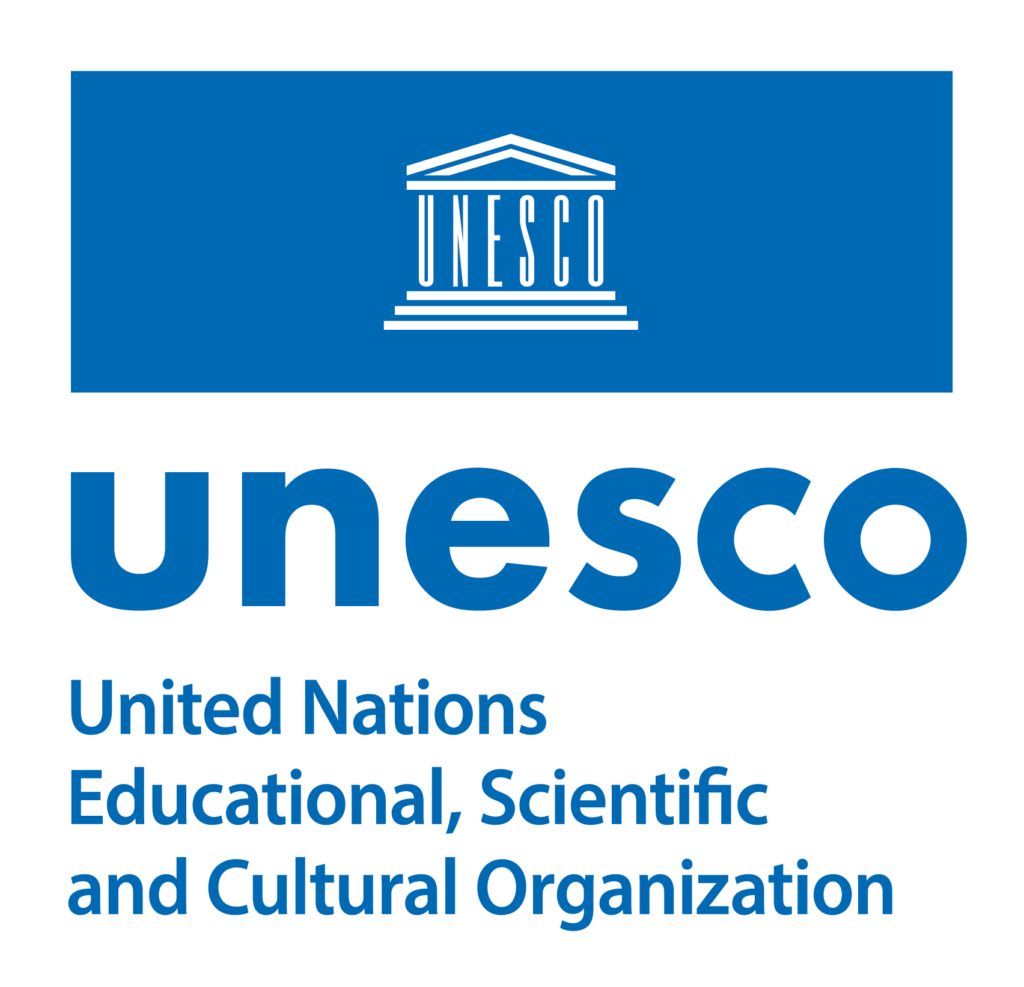Government Partners
To implement the BIOCOM project, UNESCO is cooperating with:
Ministry of Environment and Sustainable Development (MEDD)
- Owner of protected areas
- Facilitates project coordination and cooperation with Authorities

Ministry of National Education (MEN)
- Supports mobilization and operation of schools
- Collaborates with UNESCO to implement Education for Sustainable Development (ESD) activities

Ministry of Technical Education and Vocational Training (MEFTP):
- Approves openings of TVET centers
- Ensures availability and assignment of teachers and administrative staff to TVET centers

Implementing partners
The BIOCOM project is implemented in cooperation with:
Madagascar National Parks (MNP)
- Implements Outcome 1 and 2 activities in and around the Rainforests of Atsinanana World Heritage property
- Supports Vahatra Association on scientific research
Service d’Appui à la Gestion de l’Environnement (SAGE)
- Implements Outcome 1 and 2 activities in Montagne des Français Protected Harmonious Landscape
- Supports Vahatra Association on scientific research
Vahatra Association
- Implements scientific research activities

Executive committees
To ensure the successful delivery of the BIOCOM project, there are two committees :
Steering committee
Function:
- Ensure the smooth running of the project
- Improve project monitoring
- Provide strategic guidance
Responsibility:
- Manage dissemination activities, ensuring the coherence and sustainability of the project
- Mobilize strategic actors (governments, local communities, stakeholders, donors, associations, associated structures)
Scientific and technical monitoring committee
Function:
- Coherence to the project’s activities
Responsibility:
- Ensure the quality of activities carried out and the progress of the work plan’s implementation
UNESCO
Our mission since 1945 is to build peace through international cooperation as it is the only way to build bridges between nations. Therefore, as a laboratory of ideas, UNESCO seeks to offer a broad range of expertise in the fields of Education, the Sciences and Culture.
UNESCO’s global priorities are Africa and Gender Equality. As such, UNESCO and development partners are attentive to 54 African countries with a stronger and better-targeted strategy. The African Renaissance is underway, with the adoption of the African Union Agenda 2063 and the 2030 Agenda for Sustainable Development paving the ground for the African Economic Community. To this end, regional communities are consolidating ties.
KOICA
Korea International Cooperation Agency (KOICA) was established in 1991 under the Ministry of Foreign Affairs of the Republic of Korea to ensure the efficiency and effectiveness of the grant aid programs. Through the sharing of Korea’s development experiences and know-how with its partner countries, KOICA aims to fight global poverty and support sustainable socio-economic development in developing countries while at the same time strengthening Korea’s friendly relations with them.
Setting health, education, governance, agriculture and rural development and technology, environment and energy as priority sectors, KOICA delivers grant-based programs through its development projects, Development Experience Exchange Program (DEEP), international volunteer and fellowship programs, emergency relief provision, multilateral cooperation, etc. As of 2021, KOICA’s support amounts to around $636 million. At present KOICA operates 47 in country offices around the globe.





